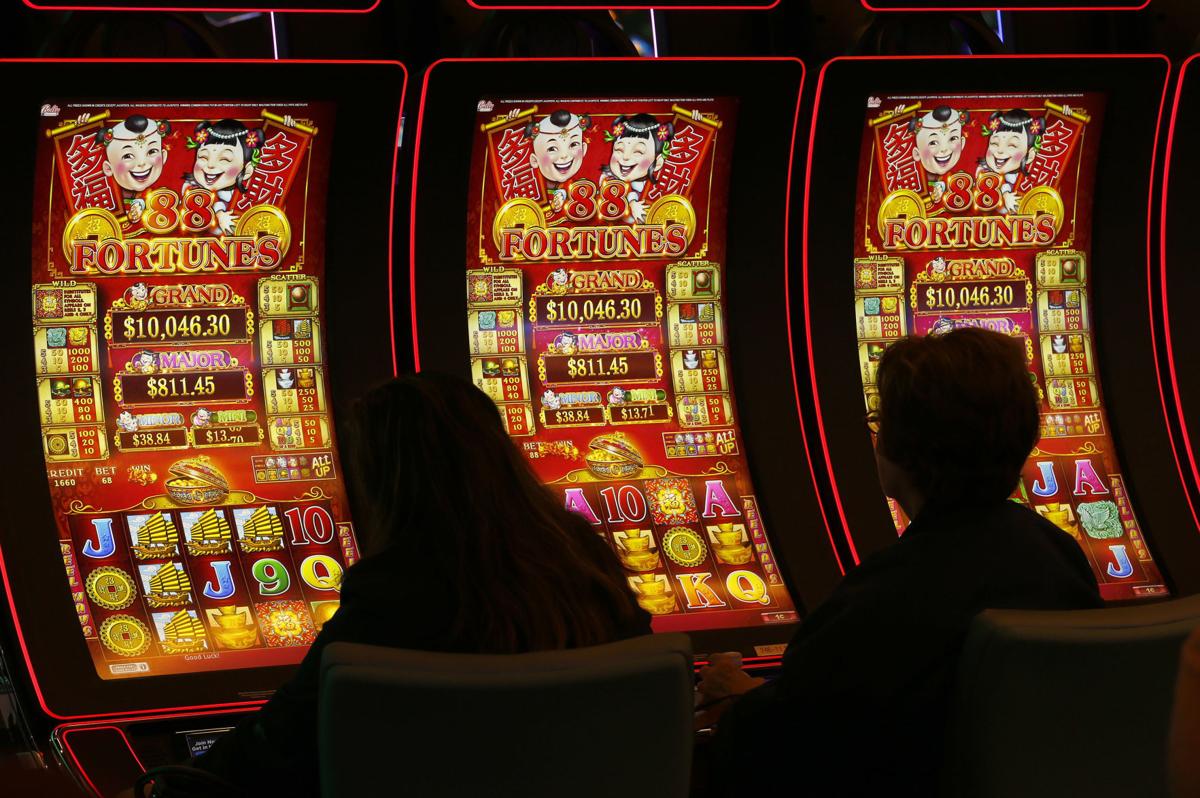PHOENIX — The Tohono O’odham Nation won’t be able to start full-scale gaming at its Glendale casino just yet — if ever.
Late Wednesday, U.S. District Judge David Campbell declined to rule that state Gaming Director Daniel Bergin is acting illegally in refusing to provide the necessary certification for Class III gambling at the casino.
The judge said there are too many unresolved questions about what tribal officials told state negotiators nearly 15 years ago when gaming compacts were first being negotiated.
But Campbell agreed to consider arguments that the state, in continuing to regulate and collect revenue sharing from the tribe’s other three casinos, has effectively ratified the compact it now seeks to partially void.
If the case does go to trial, that will mean testimony and arguments about statements and promises tribal negotiators made to state officials in 2002 when the gaming compacts were first negotiated. Potentially more significant, that’s when voters were asked to approve a ballot measure giving Native American tribes the exclusive right to conduct casino gaming in the state.
No one disputes that voters were told that the deal would preclude new casinos in the Phoenix area. In fact, then-Gov. Jane Hull used that as a selling point to push for voter ratification.
But attorney Matthew Hoffman, representing Bergin, the state’s gaming director, said Hull would have urged voters to reject the ballot measure had she known that assurances offered by Tohono O’odham negotiators that the tribe had no interest in a Phoenix-area casino were not true.
The 2002 voter-ratified measure spells out that casinos must be on existing reservation lands. But state negotiators apparently overlooked an exception covering new lands acquired by a tribe as a result of a settlement with the federal government.
That created the loophole for the Tohono O’odham Nation, which had received $30 million from Congress after a federal dam project flooded about 10,000 acres of reservation land near Gila Bend. Congress allowed the tribe to purchase replacement land in Maricopa, Pinal or Pima counties and have it made part of the reservation.
Campbell previously ruled that the wording of the compact does permit construction of the Glendale casino, regardless of whether state negotiators and Hull understood otherwise.
What brings the case back to court is that Bergin is now refusing to grant the required state permission for full-scale gaming, contending the tribe committed fraud during the compact negotiations by misrepresenting and omitting material information.
On Wednesday, tribal attorney Danielle Spinelli said whatever tribal negotiators may or may not have told their state counterparts at the time is legally irrelevant.
“The state was a sophisticated party,” she said, adding this wasn’t the tribe taking advantage of a situation. “The negotiations went on for years.”
In essence, she said, if the state didn’t want any new casinos in the Phoenix area it should have spelled that out in the compact.
Hoffman, however, said that wasn’t considered because there were assurances that the Tohono O’odham Tribe, whose main reservation is in Southern Arizona, was not contemplating buying land in the Phoenix area. He said it was only after the tribe unveiled its plans in 2009 that a review of documents, including minutes of tribal meetings, showed tribal officials were looking at land in Maricopa County as early as 2001.
He said evidence of “years’ long fraud is overwhelming and unmistakable,” and that some of the people looking at West Valley land were the same ones involved in negotiations.
Even if all that is true, it does not resolve the case.
Campbell said one issue is whether the state relied on the promises supposedly made and whether its negotiators were entitled to rely on those statements. “The compact does not prohibit the nation from building a casino in Phoenix,” the judge said. “But neither does it expressly permit it.”
In the interim, the tribe is operating the casino with Class II slot machines, essentially interlinked instant bingo machines. It wants not only true slot machines but also potentially lucrative table games such as poker and blackjack.
There is a chance the issue could be resolved without Campbell.
Gov. Doug Ducey has made an offer to allow the tribe full Class III gaming if it formally disavows interest in any new casinos of any type in the Phoenix area and agrees to certain other conditions, such as supporting yet-to-be-written federal legislation on tribal gaming.
That language was rejected by the tribe. But Tohono O’odham Chairman Edward Manuel, in a prepared statement, said earlier this week that the tribe has responded with “clarifying language” it finds necessary before it agrees to anything.
The governor’s office has declined to comment on what the tribe wants or the status of negotiations.





